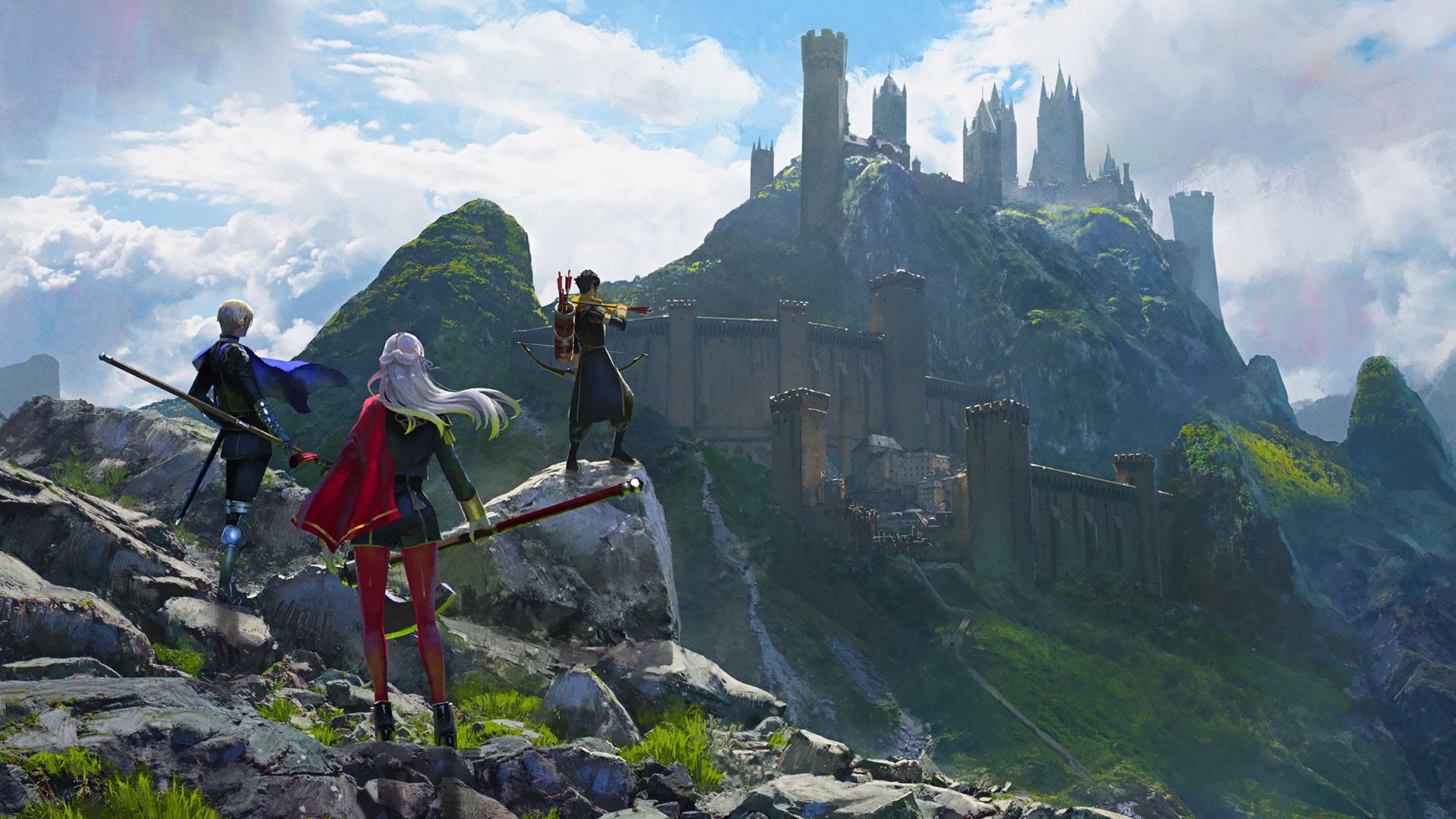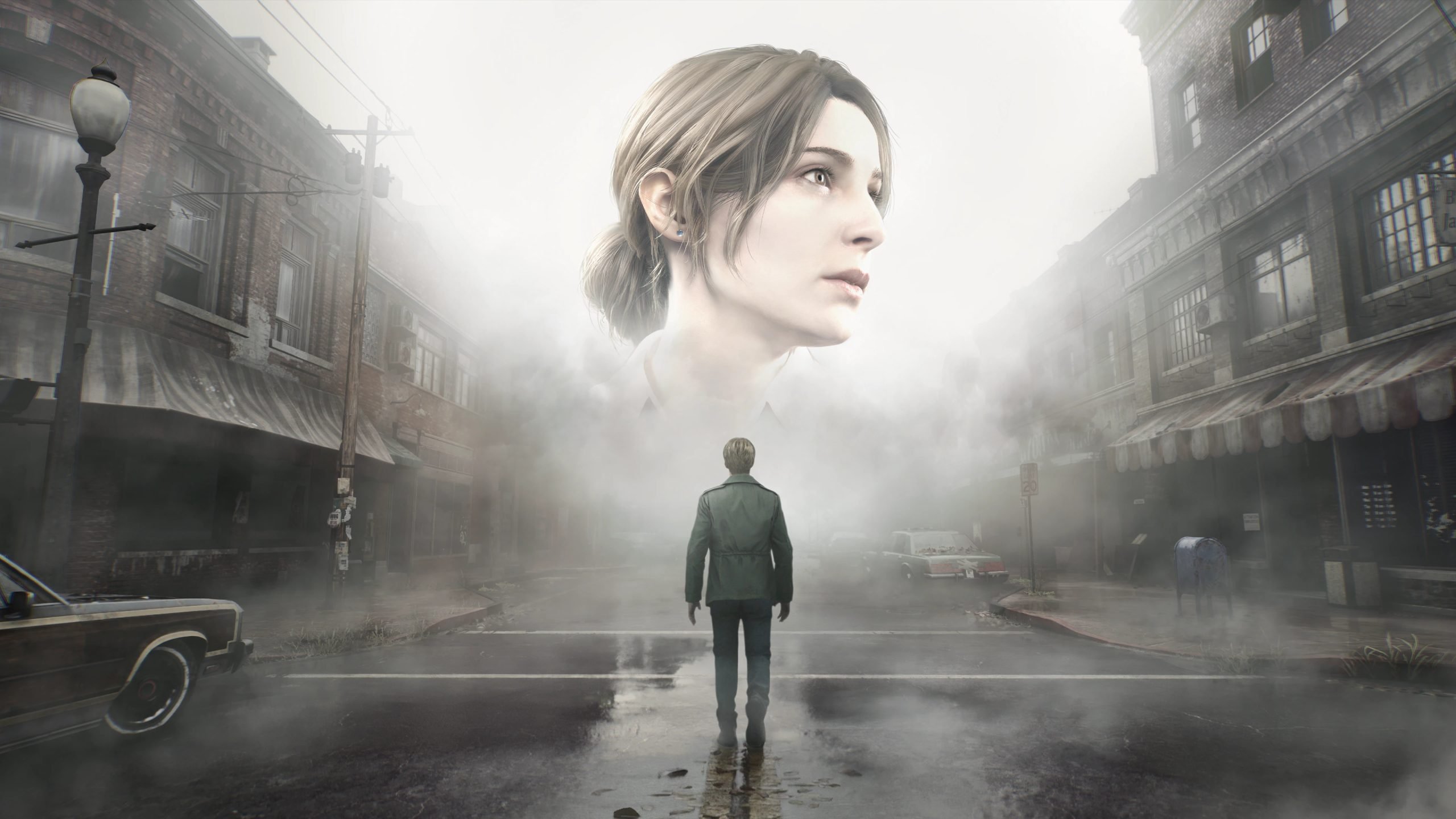Growing from a working-class kid to an adult in an industry with dubious income, trying to survive a cost of living crisis, surprisingly, one of the most compelling fantasies I’ve ever experienced in a game takes place in the cold , Eton-inspired boarding school in reverberating halls. But that’s the nature of fiction, isn’t it? A life and value system that is far removed from your own has the ability to draw you in—take you elsewhere, give you a vacation from aspects of your own life that may be unfulfilling, disappointing, or exhausting.
Fire Emblem: Three Houses That’s what it does. Incredibly, the game is a fantasy role-playing game in which you become a group of fantasy Eton school teachers who you need to train for the world’s equivalent of the Spanish Inquisition in the art of war. You are a symbol of the religious establishment of the Empire, and you directly control a group of spoiled children with royal blood from three rival countries. The stakes are high, and you c an take a knife to take the tension out of the air the moment it all starts.
The opening hours of play see all the kids mingle: you, the teacher, are in charge of making sure they all get along. You feel, maybe, that you can be a vassal of peace — a good example and a shining beacon for these kids who seem doomed to kill each other. It’s a slice of life at a boarding school, plated with some dubious hope, set against the grim (and very real) backdrop of a war-torn world.
Throwing a tea party, cleaning out the stables, sitting down a particularly lethargic student for an extra-curricular one-on-one lesson, then going out for a furious war…it’s an odd combination. However it works very well. It reminds me of Final Fantasy VIII and its weird school/mercenary rhythm–but Fire Emblem goes the fantasy route, not the science fiction one.
You can even fall in love with some of your students if you’re caught in a power dynamic that’s a little bit bad. Adding a romantic subplot underneath all these weird relationship threads and political shenanigans further enriches the fantasy and makes your place in the world feel complete, intimate, and real.
The story isn’t particularly good, but as a character study — letting you get to know a whole bunch of eccentric and wonderfully hipster kids — Three House is excellent. There’s a major plot point halfway through the game that forces you to make big choices, forcing you to choose your favorite student and the house you find yourself most suitable for. This moment, and the repercussions that follow from it, define the rest of the game. It’s heartbreaking to watch delicate friendships wither and wither in the summer school sun.
Watching old allies and friends turn on each other, sometimes against their will, is both frustrating and fascinating. Watching people who used to support each other in class, horses and dragons who supported each other, people who supported each other after some small heartbreaks, drawing swords and killing each other on the battlefield… It is a dark reminder that we all grow strengthened our friendship. In “Three Houses,” it just reaches a fantasy end that’s much darker than it is in real life.
In The History Boys, Alan Bennet tells the traumatic story of 80 years of Sheffield University boys, with a queer twist – Alan Bennet (Alan Bennet) wrote one of the most influential reflections on the importance of the fiction I have read in my life. “The best moments in reading are when you come across something that you think is special to you—a thought, a feeling, a way of seeing things,” Bennett wrote. “And now it’s here, being put down by someone, someone you’ve never met, even someone who’s been dead for a long time. It’s like a hand reaches out and grabs yours.”
I think it’s not just about reading; I think you can experience the same connection across time and space, too. I think some characters — and the hardships they’ve endured — definitely have the ability to reach out and grab your hand through the screen in Fire Emblem: Three Houses. I thought the story it told – friendship, loyalty and love, all torn apart by war and the insecurities of those in power – was important and accessible.
For a series full of anime tropes and questionable stances on queerness, Miya is surprisingly sympathetic and understanding. It’s a special game that will stay with me forever – I think it’s the setting of the boarding school and the melting pot of personalities in it that made it all happen.










